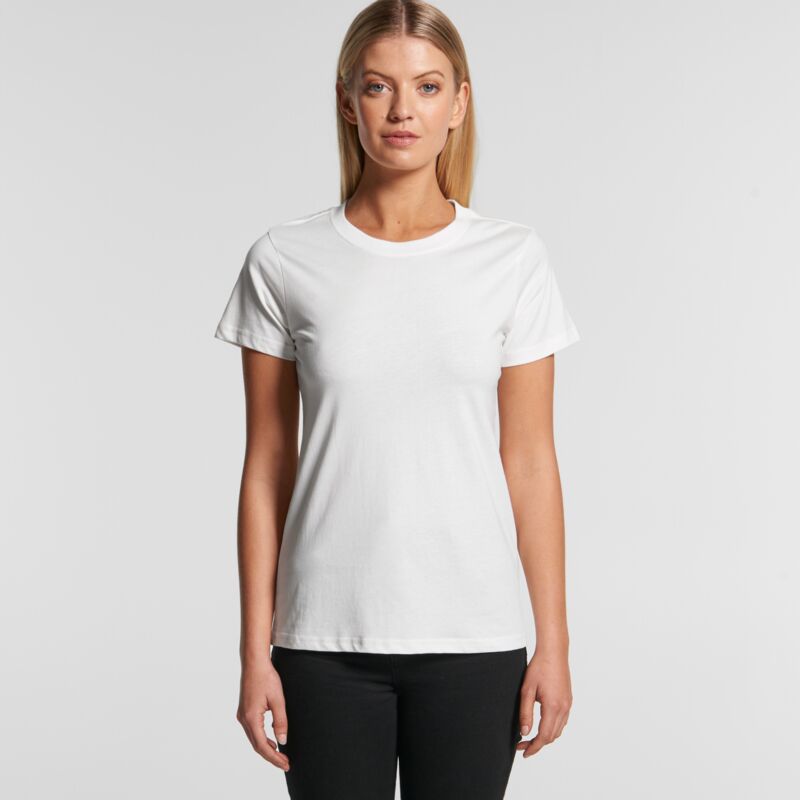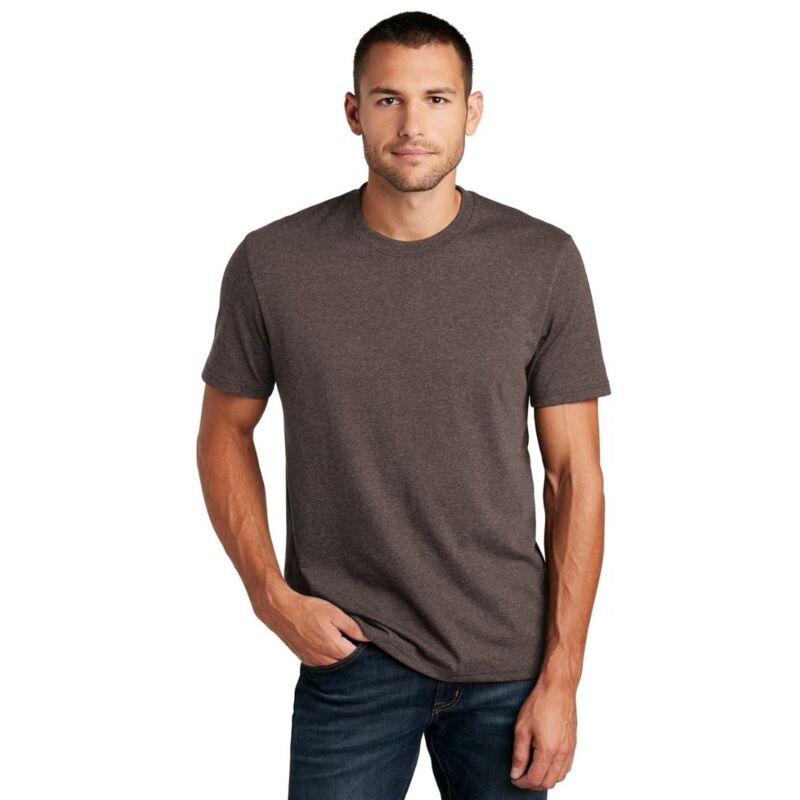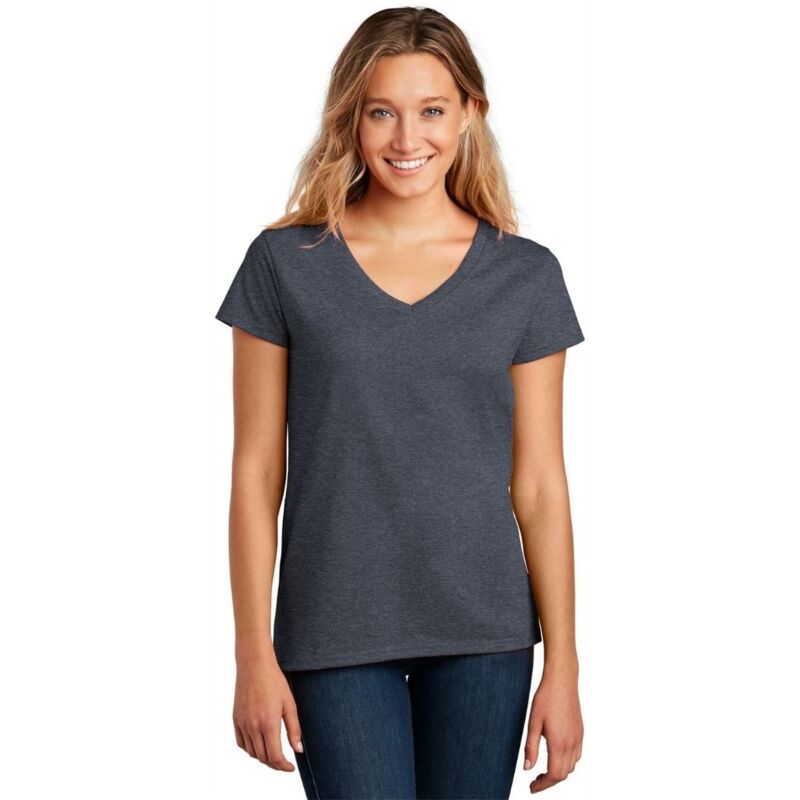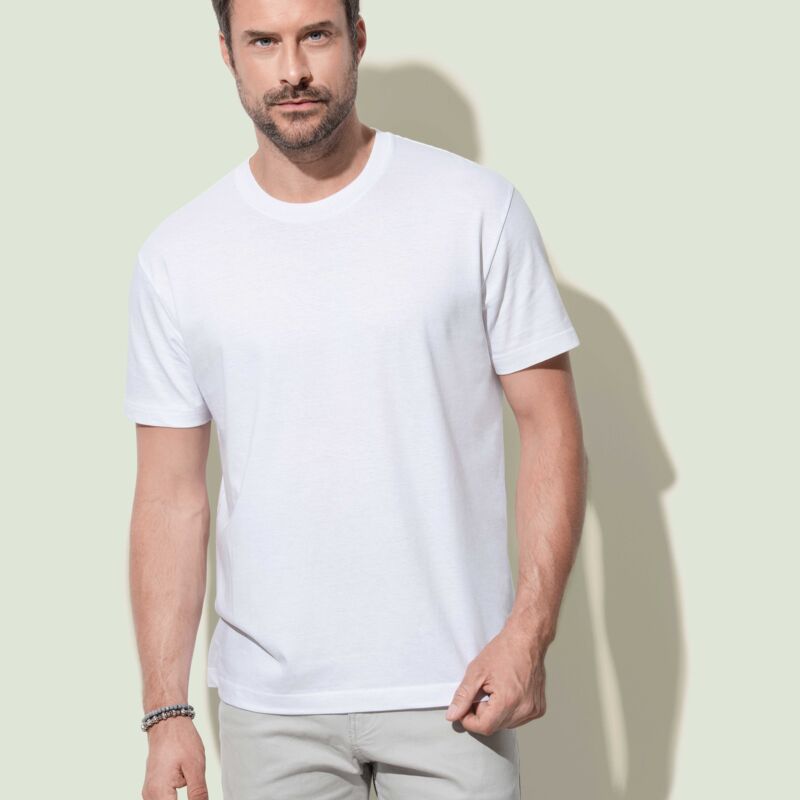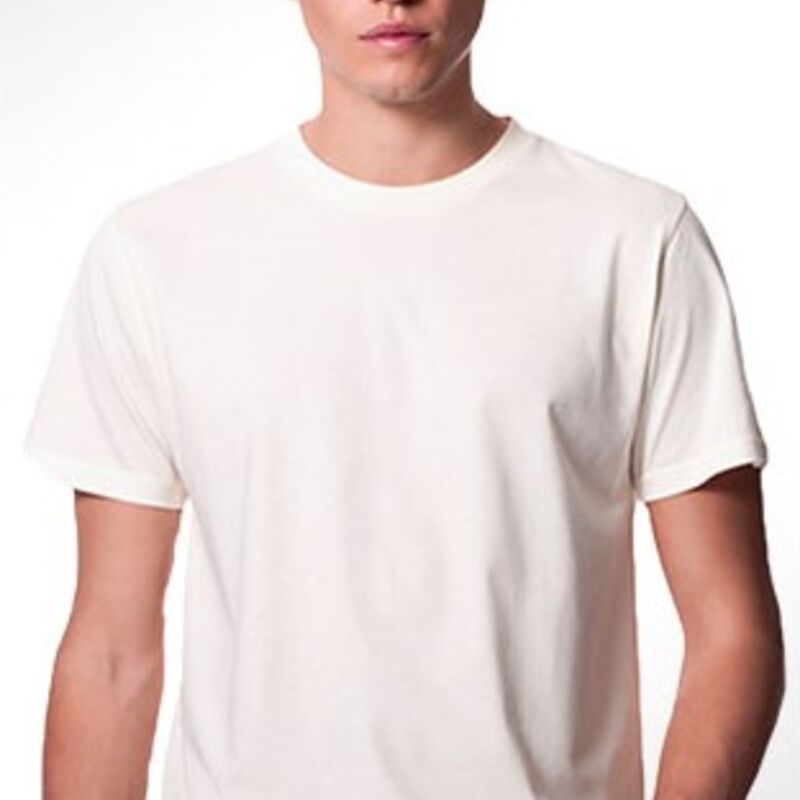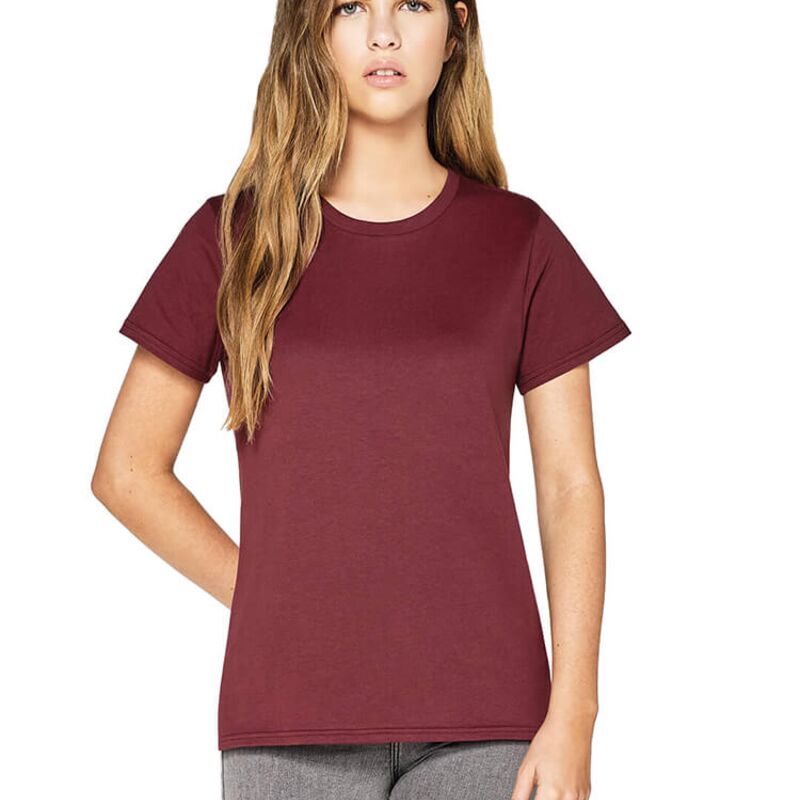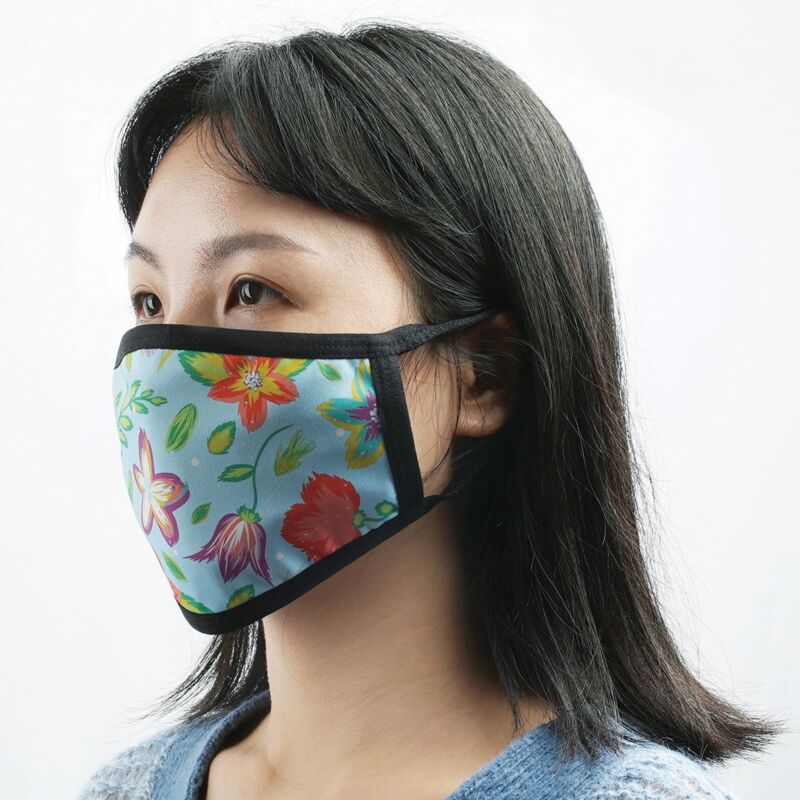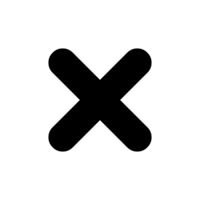Artwork Guidelines
Please take the time to review our artwork guidelines for each service.
Below you’ll find answers to the most common questions you may have about Ethical Tees and our products/services.
1. File type
We work with lots of file types, but PNG files with a transparent background are our preference for DTG printing. You can also upload a JPG, PDF, EPS or SVG file using our online design tool, or send us an AI or PSD file. However, please note that we may have to convert these files to make them print ready.
2. File resolution
For best results, files should be sent at actual print size and either 300dpi or vectorised.
Please Note: In cases where you cannot simply "resize" an existing small file to increase its size, you will need to find the original larger file or recreate the artwork at the appropriate size.
We cannot take responsibility for poor print quality if the file itself is of poor quality. If the size and quality of the image is not good enough for the size of the print your require, we may have to recreate the image.
Depending on the complexity of the image, this may incur an additional design work fee. If this is necessary, we will contact you first to inform you of any extra costs, and confirm that you’re happy for us to proceed.
3. Design choice
Direct-to-Garment (DTG) printing works well for solid colours, gradients and full colour images. DTG machines are basically a larger version of your home inkjet printer, and work in a similar way. Please note that DTG printing does not support metallic or glow/neon inks.
4. Artwork size
Direct-to-garment prints may be up to 35x40cm in size. Please send your artwork at the required print size to avoid confusion.
5. Position
We can print on any area of the garment as long as it can be laid flat. DTG printing is more forgiving than screen printing though, so it may be possible to print over kangaroo pockets on hoodies, and right up to seams or onto hems.
This type of edge-to-edge printing takes longer and costs more. If you require specific positioning that's unavailable via our Online Design Tool, please connect with our team to confirm.
6. Colours
Everyone’s monitors are different, which means there will be small differences in the colours you see on your screen and what our team is looking at. In the same way, there wil be a variation in what you see on screen to the actual garment or print colour. For this reason, please allow for some colour variation in both the prints and garments.
7. Detail
DTG printers are precise, and can reproduce thin lines and fine gradients. However, it will also print any imperfections in the artwork supplied (e.g. noise, floating pixels, etc). Please carefully check your artwork beforehand to avoid said issues in your print. If your vector artwork contains text, please ensure the text is converted to outlines.
1. File type
If you order online and use the online design tool, please upload your digital artwork file as a vector SVG, EPS or PDF, or 300dpi PNG or JPG (actual print size or larger).
It’s also easy to email your design to info@ethicaltees.com.au. We also accept AI (Illustrator) or PSD (Photoshop) files by email. If the file is bigger than 20 MB, please email a zip file or send via WeTransfer.
2. File resolution
For best results, files should be sent at print size, and either 300dpi or vectorised. In cases where you can’t just "resize" an existing small file to increase its size, you will need to locate the original bigger file or recreate the artwork at the proper size.
Unfortunately, we can’t take responsibility for poor print quality if the file itself is of poor quality. If the size and quality of the image is not good enough for the size of the print you require, we might need to recreate the image.
Depending on the complexity of the image, this could incur an additional design work fee. If this is required, we’ll get in touch first to let you know of any extra costs and confirm that you’re happy for us to proceed.
3. Design choice
When selecting your design, try to avoid photo images and illustrations with too many lines and/or shading. Colour gradients are difficult to exactly reproduce since the artwork are changed into half-tone dots of varying sizes.
Strong images with blocks of colour give the best results. We can print 11 colours onto garments. Please keep in mind that the more colours in the design, the more it will cost.
4. Artwork size
Please supply your artwork at the print size you require. Standard print size can be up to 35cmW x 45cmH in for adult T-shirts. Tea towel prints can be up to 57 x 45cm, and tote bag designs can be up to 28 x 30cm (portrait).
5. Position
We prepare a PDF proof for every order. This will allow you to to check, and approve the artwork size and positioning before we go to print.
If you have very specific positioning requirements, please let us know. If you require a print in a position that's not available via our online design tool, please contact us to confirm.
6. Text detail
If your vector artwork contains text, please ensure the text is converted to outlines.
7. Colours
Please specify colours in either of the following ways:
- 1. Pantone Matching System (PMS) reference number
- 2. Email design in colour. Our team will convert this to the closest matching PMS code.
1. File type
We recommend uploading your artwork to the website as a PDF or PNG file. Our website also accepts SVG, EPS or JPG files. We can accept higher resolution artwork as well as AI or PSD files via email (info@ethicaltees.com.au).
2. File resolution
For best results, files should be sent at actual print size, and either 300dpi or vectorised.
Please Note: In cases where you cannot simply "resize" an existing small file to increase it's size, you will need to find the original larger file or recreate the artwork at the appropriate size.
We cannot take responsibility for poor print quality if the file iself is of poor quality. If the size and quality of the image is not good enough for the size of the print your require, we may have to recreate the image.
Depending on the complexity of the image, this may incur an additional design work fee. But don’t worry – if this is necessary, we’ll contact you first to inform you of any extra costs and confirm that you’re happy for us to proceed.
3. Embroidery size
Files should be provided at the size you'd like embroidered. If you need 4x4cm embroidery, your artwork should be set to 4x4cm. If you’re unsure what size to embroider your artwork, we recommend measuring an actual garment to see how different sizes look.
For custom T-shirts, the maximum embroidery size is a circle of 11cm diameter. Sweaters and hoodies with a heavier fabric can take larger embroidery up to 26cm diameter. Embroidery on caps can be up to 5.5cm x 12cm (landscape) on the front, while beanie embroidery sizes may be more style specific.
Please keep in mind that garment style and positioning may affect the embroidery size.
4. Detail
Embroidery can be used to create detailed shapes, text, and artwork. However, because custom embroidery creates your artwork by stitching threads, there are limits to how intricate details can be within your artwork.
The smallest a single stitch can be is 2mm. This means the smallest detail within your artwork should be at least 2mm. If your artwork contains details smaller than 2mm, we'll need to alter your file to ensure your artwork can be created as an embroidery - which could change the look of your design.
5. Fonts & texts
Your text and fonts will be created out of thread, so please ensure that your text is readable. Letters should be a minimum of 3.5 to 4 mm, ideally 5 - 6 mm. Consider letter spacing to ensure text is legible.
The best fonts for embroidery are cursive letters. Because each letter is connected in script, the thread will continue between each letter and be more legible. The next best fonts are san-serif as there's less pieces to each letter and are more legible.
Serif fonts are not recommended at small scales. However, if you intend to use one, we recommend an additional space between each letter for visibility and definition around each letter.
6. Colours
We offer a variety of thread colors to achieve the most accurate colour representation for embroidery. When you upload your artwork and select embroidery, the website will automatically detect and display colours in your artwork that match our stock thread colours. If your art requires specific thread colors, please email us at info@ethicaltees.com.au to request a quote for custom embroidery colours.
Disclaimer: When images are embroidered, the colours may not match exactly what you see on your screen. Unfortunately, there are differences between how colours are rendered on a computer or phone screen.
Orders placed online can contain up to 5 thread colours. If your artwork requires more than 5 colours, you can request an estimate by emailing our team at info@ethicaltees.com.au

